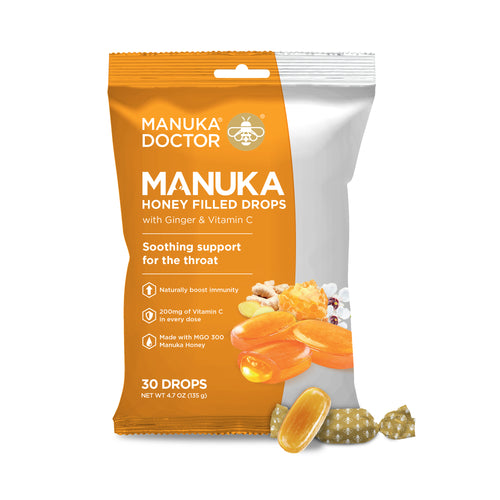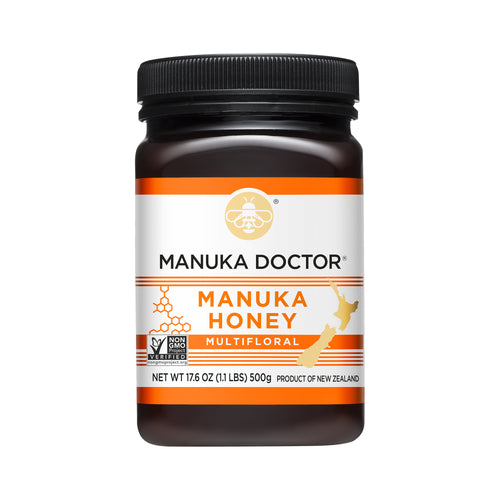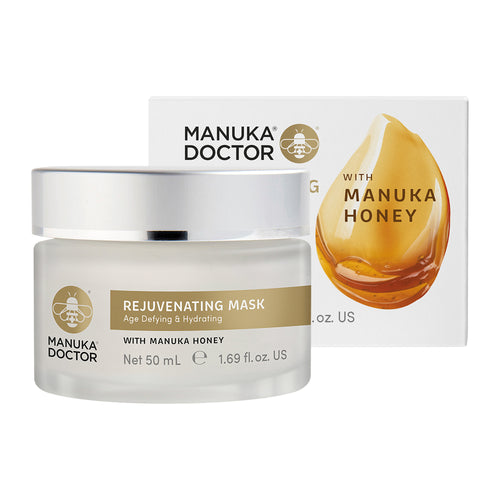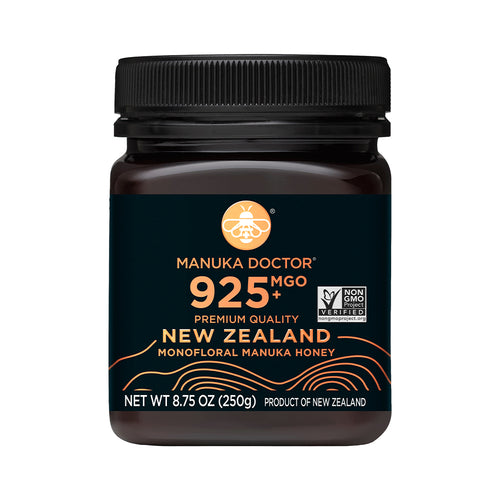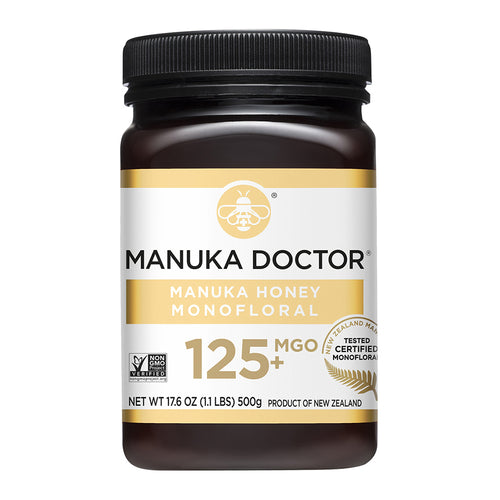Read Time: 4 minutes
Summary:
Warmer weather makes it easier — and more enjoyable — to give your health a gentle boost. From fresh summer foods and fun outdoor activities to calming rituals and clever sleep tips, there are plenty of simple ways to feel better in body and mind this season. These easy, feel-good ideas are designed to help you soak up the sunshine while supporting your overall wellbeing.

Get Healthier the Easy Way
I always find it’s easier to get fitter and healthier when the weather’s warmer. And there’s no need to make it hard work. There are loads of really simple, enjoyable ways to give your health a lift while the sun shines. I’ve rounded up my favourite ways to give yourself a summer wellbeing boost.
Read more: Is Manuka Doctor’s honey raw?
● Nibble strawberries for whiter teeth
Yes, really! These summer favourites contain malic acid, which helps gently polish stains from your teeth – plus they’re packed with vital vitamins for overall health.
● Enjoy nature
Focusing on natural beauty can make fitness-boosting walking more interesting. Grab some binoculars and see what birds you can spot on an afternoon out at a local beauty spot. Or notice the different species of trees and plants. You’ll walk further than you realise.

● Tuck into paella
This Spanish holiday classic is crammed with shellfish, which is high in zinc, an essential immune-supporting mineral. A review of studies has found zinc can slash the number of colds you pick up.1
● Cool it
Your core body temperature needs to drop for optimum sleep, which can be a challenge on sultry nights. Try having a cool shower before bed, and put your pillowcase in the freezer to chill, so it’s cold when you put it on – trust me, it’s blissful on a hot night.
● Play games
Fitness doesn’t have to mean the gym or jogging. Get together with friends, children or grandchildren and have a game of rounders or tag in the park. Games like this give you a form of interval training – and you won’t even notice you’re doing it.
● Try morning meditation
The lighter, brighter mornings can make it easier to get up and about early. Meditation expert Andy Puddicombe, founder of the Headspace app, believes this is the best time to meditate because it boosts your resilience to anything that might crop up during the day. You can keep meditation very simple – just sit for 10 minutes, focusing on your breathing. Do it sitting outside if it’s warm enough.
● Make a mouthwatering Manuka smoothie
Smoothies are an excellent way to get a juicy hit of vitamins and minerals in one go. Blend a big handful of summer berries with a small banana, a handful of spinach, a glass of oat milk and Manuka honey to taste.
● Have a plant-based barbecue
It doesn’t have to be about meat. Try chunks of veg – like onion, aubergine and pepper – on skewers and stick corn on the cob and sweet potatoes straight into the coals, wrapped in foil. Serve it all up with hummus and salads for a tasty, nutrient packed treat.
● Go back to your childhood
And try some skipping or hula hooping in the park or garden. Skipping’s fantastic weight-bearing exercise, good for healthy bones, while hula hooping can really work the core muscles that keep you strong and upright. It may take a bit of practice to get the hang of it again but it’s worth persevering.
● Make fresh herbal teas
Grow herbs in your garden beds or in pots indoors or on a patio or windowsill. Mint, rosemary, lavender, lemon balm, sage and basil are all easy to grow and make a fresh, cheap alternative to fancy herbal tea bags. Simply pick a few leaves and pour hot water over for a fragrant, refreshing summer herbal tea. Add Manuka honey to sweeten.
● Have a good breakfast
Heard the saying ‘breakfast like a king’? There’s something to it. A study from Israel found when women ate more of their calories (700 calories in the study) at breakfast, they had lower blood sugar, better insulin response and a reduction in triglycerides, unhealthy blood fats. They also lost more weight and an extra 4 inches from their waists over 12 weeks, compared with women who ate their biggest meal later in the day.2 You’re probably more alert in the mornings in the summer than in the winter, so make the most of having more time and energy to make a sustaining, healthy breakfast. Try overnight oats - soak a portion of oats overnight in oat milk or fruit juice, then before serving, stir through yoghurt or coconut yoghurt, Manuka honey to taste, and top with nuts, seeds and berries.

Read more: What are the benefits of Manuka Honey?
Sources:
1 http://www.cmaj.ca/content/184/10/E551
2 https://www.ncbi.nlm.nih.gov/pubmed/23512957
